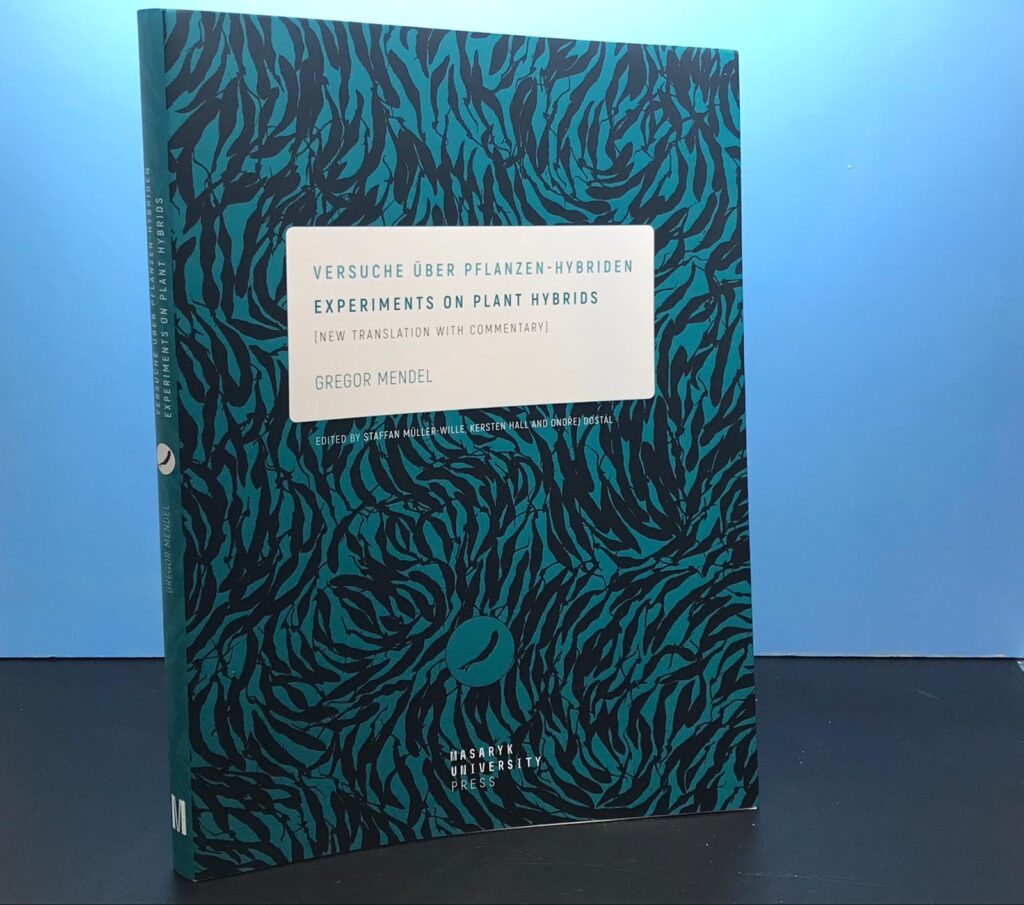Open any biology textbook and you’ll see Gregor Mendel hailed as being the founding father of modern genetics, a lone genius whose experiments crossing pea plants was so far ahead of its time that it lay neglected for 40 years. But if Mendel could somehow be whisked out of his monastery garden and brought into the early 21st century, would he recognise any of these accolades? Or would he just be flattered – but utterly baffled?
So what exactly was Mendel up to with those peas? Was he really the founding father of modern genetics? Or is this a largely mythologised account constructed from the vantage point of the present day? This was just one of many themes around Mendel debated by historians and scientists at the ‘Mendel at 200’ #Mendel200 meeting recently held by the MRC Integrated Epidemiology Unit of the University of Bristol. The Nobel laureate Sydney Brenner once said that Mendel has become obscured in a ‘legendary mist’ and a presentation called ‘Clearing the Mist Around Mendel’ I explored how the ongoing task of producing new translations of Mendel’s work from the original German into English can hopefully help to clear some of those myths – and mists.

And those with very strong feelings about what Mendel was up to with his peas might be interested to know that, in German, the word ‘Mist’ has a very different meaning to that in English – but one that in the context of ‘Clearing the Mist Around Mendel’ is perhaps nevertheless very apt…